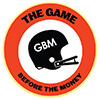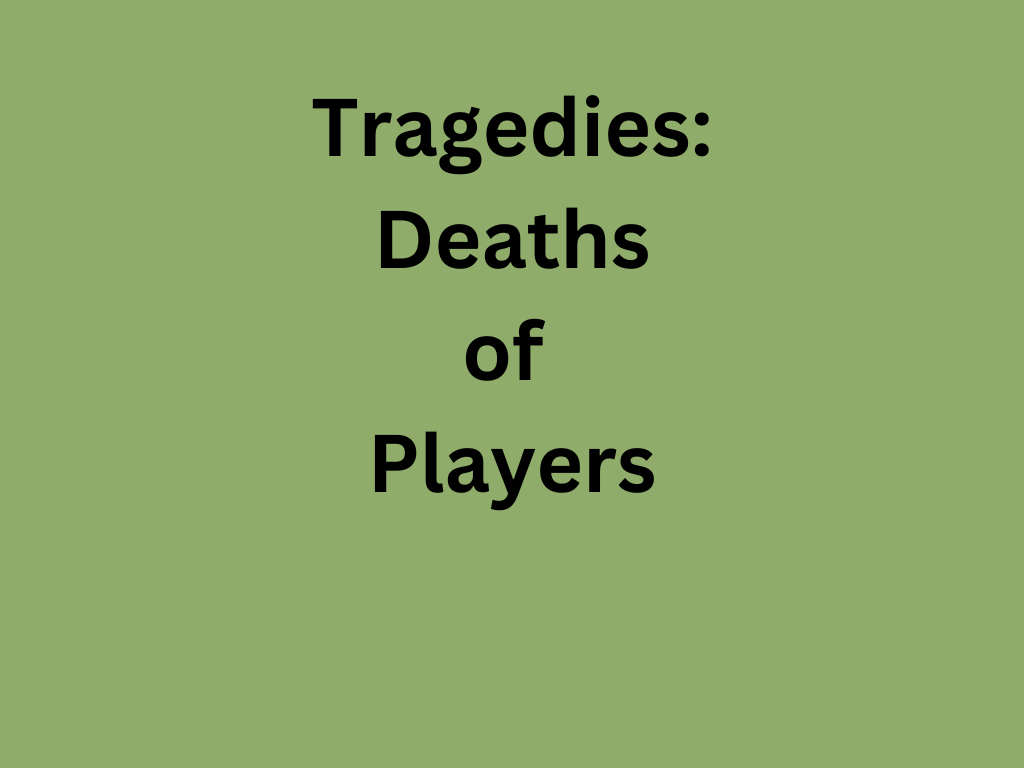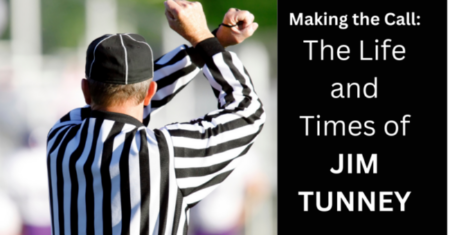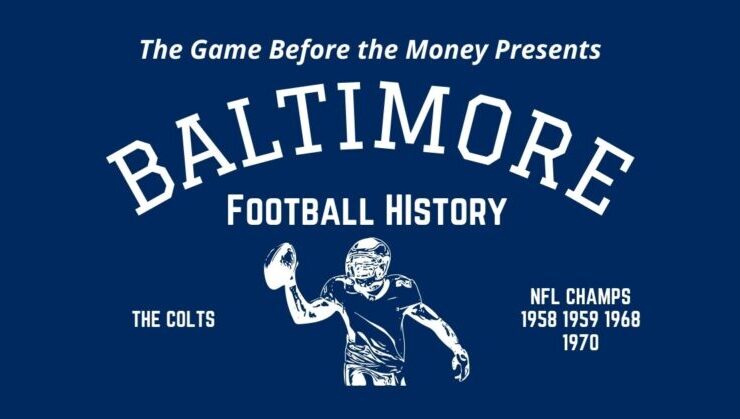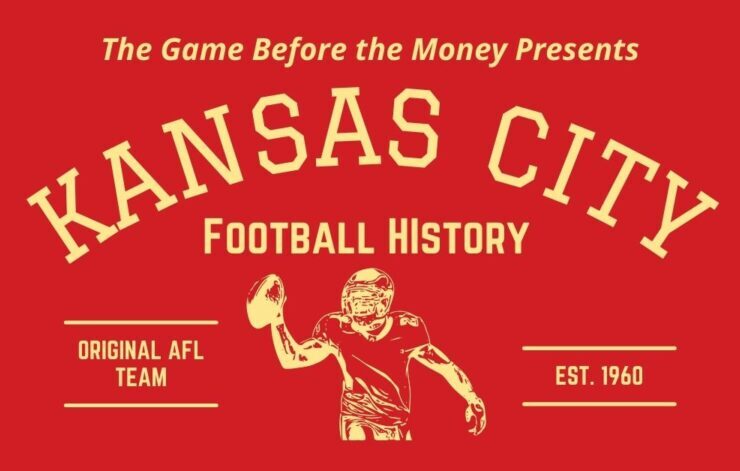The terrifying and sobering heart attack suffered by Bills defensive back Damar Hamlin had NFL fans all over the country praying for his survival.
The incident has many wondering has an NFL player died in a game. There have tragically been several incidents in which a pro football player died, with the cause being an NFL game-related death or practice-related. Unfortunately, it has happened at least nine times in NFL and AFL history.
Has an NFL Player Died in a Game?
At least nine players have died either shortly after a game or practice.
Detroit Lions player Chuck Hughes died in 1971 after running a pass pattern and collapsing. According to reports, he had blood clots in his heart. Mack Lee Hill of the Kansas City Chiefs died in 1965 following complications due to knee surgery. Another Chiefs player, Stone Johnson died after suffering broken vertebrae in a preseason game. Howard Glenn a New York Jets (the team was at that time called the Titans) player also died because of broken vertebrae suffered in a game. Cardinals player Stan Mauldin collapsed in the locker room after a game and died soon afterward. Viking Korey Stringer died of heat stroke after practice in 2001. Cardinals player J.V. Cain died due to a heart condition that was triggered during a practice. San Francisco 49ers offensive lineman Thomas Herrion collapsed after a game in 2005 and the autopsy reported that he died due to hypertrophic cardiomyopathy. In 1954, Washington Redskins lineman Dave Sparks died as a result of a cardiac event suffered after a game.
Today we look at the NFL players who died in the midst of pro football. Of the nine deaths mentioned above, five were from cardiac arrest, two from neck injuries, one from heat stroke, and one from complications during surgery.
Below are brief looks at a few of the players.
Stan Mauldin
Stan Mauldin was named All-American at the University of Texas before joining the Chicago Cardinals, and flew 35 bombing missions in World War 2. He made All-NFL at offensive tackle during the Cardinals 1947 championship campaign.
In 1948, he complained of a headache before a Friday night contest against the Philadelphia Eagles. He complained of being dizzy after the Cardinals’ victory, and collapsed in the locker room around midnight. He died around 1 a.m. Doctors said Stan Mauldin suffered a “massive coronary acclusion.”
Stone Johnson
Stone Johnson was an exceptional athlete. He played running back for Coach Eddie Robinson at Grambling and sprinted for the U.S. National Team in the 1960 Olympics.
Lamar Hunt moved his Dallas Texans to Kansas City, where they became the Chiefs. The Chiefs played a preseason game against the Oilers in Wichita, Kansas. Johnson lined up to return a kickoff, but the Oilers kicked away from the world-class sprinter. Johnson instead threw a block, losing footing in the process. His block landed awkwardly. He broke his neck. Complicating matters was the fact that no ambulance was in sight. It took 20-30 minutes for help to arrive based on player accounts. Doctors lost valuable time, and Johnson lay in critical condition. Stone Johnson died 10 days later.
Mack Lee Hill
Every year, the Kansas City Chiefs hand out the “Mack Lee Hill Award” to the best rookie on the team. The award is in honor of Mack Lee Hill, who tragically passed away after knee surgery in 1965.
Mack Lee Hill was nicknamed “The Truck” by his teammates. The fullback was signed out of Southern University for a mere $300. He made the team against the odds and went on to become an outstanding all-purpose running back, long before that term came into existence.
Hill only played two seasons in the AFL, but he led the league in yards per carry in both years, 1964 and 1965. He also was a reliable receiver coming out of the backfield.
Embed from Getty ImagesHe injured his leg against the Buffalo Bills late in the 1965 season. Teammate Bobby Bell said that it sounded like a piece of lumber breaking. Hill still got up and walked off the field. The team doctor told him that he would need surgery, but Mack Lee Hill was very reluctant to see a doctor.
Hill went into surgery and complications arose. His body temperature increased to 108, possibly a reaction to the anesthesia. His body went into convulsions, and he died approximately 90 minutes after surgery. Doctors said Hill “died of a sudden and massive embolism” after surgery.
The Kansas City Chiefs retired both Mack Lee Hill’s and Stone Johnson’s jersey numbers.
Dave Sparks
Dave Sparks played college ball at South Carolina, and started his NFL career with the San Francisco 49ers in 1951. The offensive lineman then served two years in the U.S. Army before being released by the 49ers in training camp. The Washington Redskins signed Sparks, who played admirably on one of the worst teams in the league. After a loss to the Cleveland Browns, Sparks had dinner with a friend. Sparks complained of chest pains and lack of breath before collapsing at dinner. Sparks died before paramedics arrived.
An autopsy revealed that Dave Sparks, 26, suffered an undiagnosed heart seizure before the game. Doctors said that had Sparks visited a hospital instead of playing, he would have survived the cardiac event.
Howard Glenn
Howard Glenn played offensive line on the original New York Titans (now the New York Jets) in 1960. He collapsed after a 27-21 loss in Houston against the Oilers. The sweltering heat slowed down the players, and Glenn stated, “I can’t make it,” a couple of times in the huddle, according to teammate Eddie Barnes.
The Titans didn’t have a team doctor, and it was assumed Glenn suffered from “too much heat and football,” as teammate Don Maynard remembered. Sadly, by the time Oiler doctors checked Glenn and realized he was in far worse trouble, it was too late. He collapsed in the locker room, and reportedly died at a Houston hospital. Glenn’s death was ruled accidental, because of a broken neck. He most likely sustained the injury in the first half but continued playing. Timely medical care likely would have saved Howard Glenn.
Embed from Getty ImagesABOVE: Chuck Hughes lay on the field after collapsing. Dick Butkus soon frantically waved for help. Hughes was hospitalized because of chest pains after a preseason game earlier that year. His widow filed a malpractice suit after his death, which was settled after three days of testimony.
FOOTBALL HISTORY PODCAST
